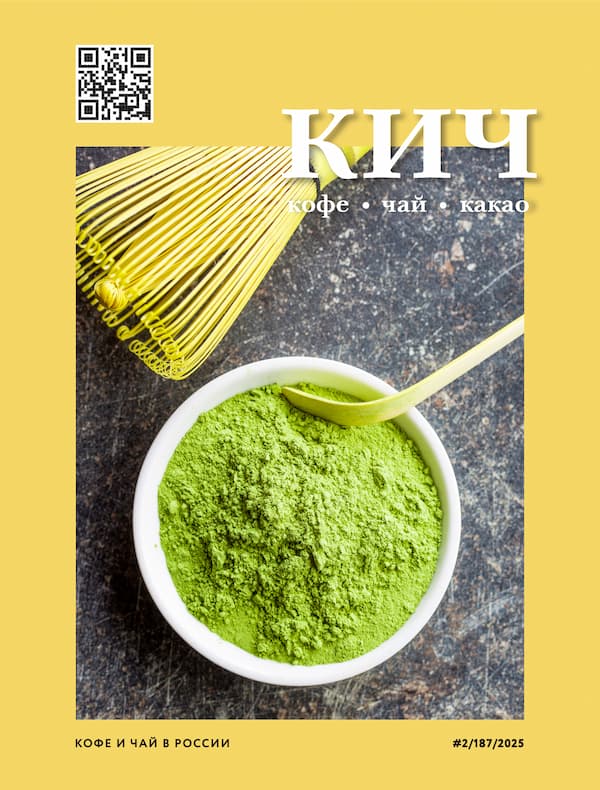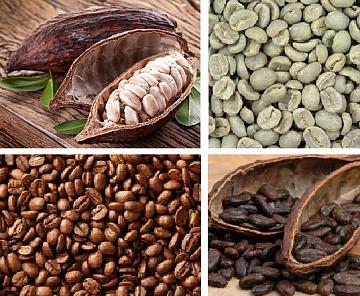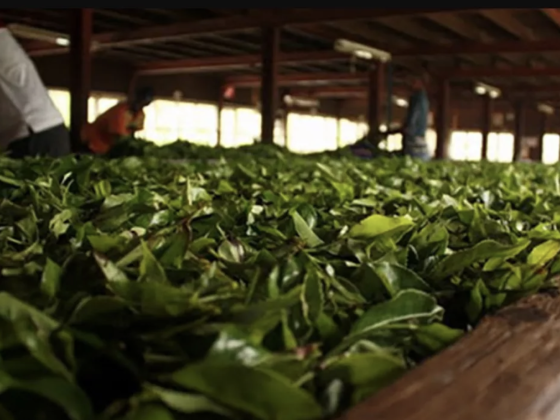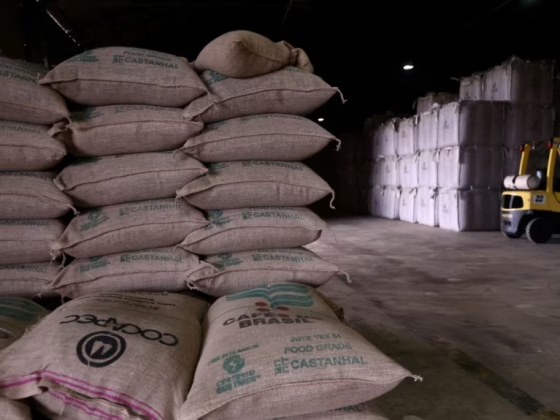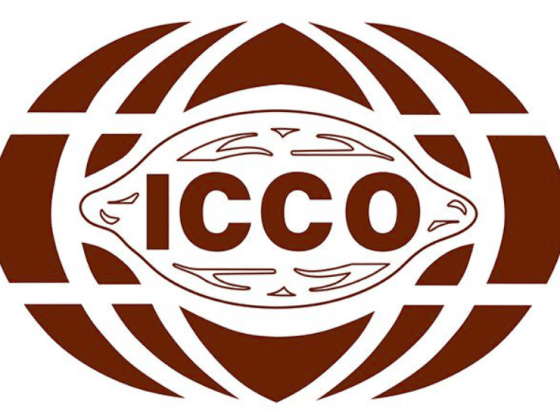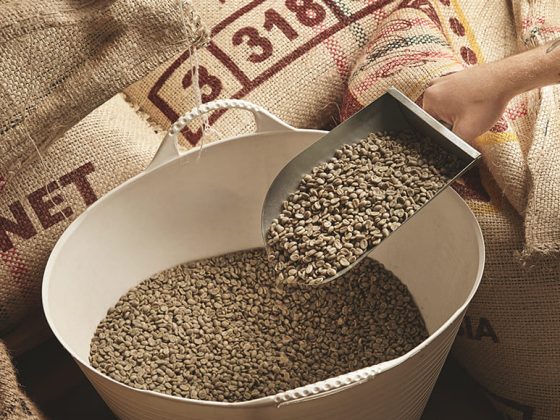The Specialty Coffee Association of America (SCAA) announced today that regional barista competitions will cease to exist beginning with the 2016 competition year. Barista Magazine is extremely disappointed at this news. In a geographically enormous country of 300,000,000+ people, only 35 baristas total representing at most 35 coffee companies will be able to compete in the United States Barista Championship (USBC) every year, per the SCAA’s new USBC format. Does that seem like an adequate representation for the breadth and depth of specialty coffee in the U.S.? This move hampers not only the growth of the barista profession, but also the number of new people brought into the exciting world of competition. Where does one go for her or his first competition? How do new people judge barista competitions for the first time?
Based on conversations I’ve had with members of the SCAA board and the Barista Guild of America Executive Council (BGAEC), it appears the decision to eliminate regionals was made by the SCAA staff—not by the board, not by the BGAEC, and certainly not by SCAA members.
I served on the SCAA’s original United States Barista Championship committee when it was founded in 2003. On that committee with me were Tracy Allen (current SCAA president, and owner of Brewed Behavior), Jeff Babcock (owner of Zoka Coffee), Jeff Taylor (owner of PT’s Coffee), and other prominent members of the U.S. coffee community. Our objective was to grow the number of regionals—then only the Western Regional existed—to 10, and we got close to that goal at 7 just a few years later. The point of developing 10 regionals was to offer baristas in all areas of the country entry points into the specialty-coffee community.
It soon became clear that producing 10 competitions was more than the SCAA as well as sponsors could support. I agreed with the decision to shrink it down, and was pleased when we reached what I felt was a pretty ideal situation: the three “Big” regional events that were in place until now: the Big Western, the Big Eastern, and the Big Central, each of which hosted two regional barista championships, and qualified the six finalists in each competition for the USBC. I thought, “What a professional format.” Competitors told me how proud they were to have qualified at a regional, and how whether or not they won or even made it to the finals of the USBC, they felt incredible accomplishment at qualifying for the national championship for a country that has distinguished itself on the world level year after year.
Per today’s announcement, regional competitions will cease to exist. To compete at the USBC, competitors must either hold a BGA level 1 or 2 certification, or have been a competitor in regional or USBC competitions in 2014 or 2015. The press release states, “For many competitors, this new system will also reduce the costs of competing by eliminating the expense associated with the requirement to compete at a regional event; by removing the regional requirement, most competitors can expect to see a less expensive path to the USBC.” But how is that possible, since now baristas who have no prior competition experience are required to spend hundreds and sometimes thousands of dollars traveling to Barista Camp, and registering for and completing BGA certification classes?
Sprudge and the SCAA developed this pretty spare list of “talking points” (posted at the end of this editorial) to be used in response with the official release the SCAA planned on having Sprudge exclusively present, and present as a positive thing for the industry. Editor’s note: Sprudge editors contacted us with the following statement: “We did not develop a list of talking points with the SCAA. Barista Magazine’s publication of those talking points in an internal memo to senior board members was the first time editors at Sprudge saw them. Both we and our contacts at the SCAA can attest to this. This statement is false. We never agreed to “present as a positive thing for the industry”, in writing or verbally, nor does the feature we published in any way make that claim. This statement is false.”
But we have a lot more questions:
- How will people now qualify to become judges and how will the number of qualified judges grow for the future? We’re guessing there will not be a lot of first-time judges at the USBC, because the national championship usually uses the most experienced judges. So how are new judges supposed to get familiar with the competition and build experience?
- Are we to assume there will be no more regional brewers cup events? Doesn’t this deserve to be addressed, especially as our U.S. Brewers Cup champion just took a very respectable fourth place on the World Brewers Cup stage in Sweden?
- When was the SCAA planning to tell Barista, Roast, Fresh Cup, Coffee Talk, and other news organizations about this development? Will we have an opportunity to caucus with the SCAA about the decision, as Sprudge did?
To reiterate, we at Barista Magazine are gravely disappointed to hear of the SCAA’s decision to eliminate regional barista competitions. These sanctioned events of coffee professionals, friends, family, and the general public to a spectacle of coffee craftsmanship that was eons more approachable than a convention center setting, were where much of the heart and soul of our supportive, friendly, inclusive, and warm barista community lay. Further, regional titles have been visible testimonials of a barista’s accomplishments. We cannot express how saddened for the current and future coffee community we are that these forums will cease to exist.
We are also troubled by the method in which the SCAA chose to exclusively announce this information: through the mouthpiece of a website—Sprudge—that they vetted in advance to agree with them. Editor’s note: Sprudge editors contacted us with the following statement: “No such vetting or confirmation took place—we did have preliminary discussions with the SCAA, but no formal commitment to “agree” with the decision was made, in writing or verbally, and our published feature in no way “agrees” with the decision. This statement is false.”
In the 10 years we’ve been publishing Barista Magazine, we have sometimes agreed and sometimes disagreed with decisions made by the SCAA. We have, however, largely applauded the support it offered to those in our readership: professional baristas and café owners. With today’s announcement, and the way in which it was made, that has all changed.
The SCAA put out a press release today with this announcement, and yet they worked in tandem with Sprudge to let the website make the announcement first. In a memo yesterday to the SCAA board, SCAA staff member Tara Smith writes:
Sprudge will be making the announcement tomorrow on their home page, and Peter [Giuliano] and I had a very positive call with Jordan [Michaelman, of Sprudge] today; Sprudge will be our ally and supports the direction 100% and is prepared to develop a positive perspective on this change. The SCAA Communications team is ready to manage the conversations that occur on our social media pages, as well as emails and phone calls, but we also wanted to share some talking points with you that may help you respond to any inquiries you receive. The press release is also attached; this was developed specifically for Sprudge and will not be immediately released.
If you have any questions or concerns please let me know. We expect the article to hit the home page early to mid afternoon tomorrow PST; I’d like to ask you to please keep this under wraps until then to retain the value of the exclusive for Sprudge and to ensure we can manage the conversations effectively on our end.
Last we checked, Barista Magazine was an official “media partner” to the SCAA—same as Sprudge, same as Roast Magazine, same as Fresh Cup Magazine, etc. Why was Sprudge given an exclusive on releasing this news? Isn’t the SCAA a nonprofit organization that exists to serve members first? Barista, Fresh Cup, and Roast are certainly members. So are many of the baristas who compete in the USBC. So, then, the only reason Sprudge was given this “exclusive,” as far as we can see, was because Sprudge promised to agree with the decision and promote it as positive.
Was Sprudge paid to align itself with the SCAA? We don’t know. But if Sprudge worked with the SCAA to develop “talking points” to defend the decision to eliminate regionals, we’re not sure what to believe. We can assume, however, that Barista Magazine and the other established coffee publications were kept in the dark because the SCAA supposed we would not agree with the decision to eliminate regional barista competitions. That was unethical, to say the least.
Source: http://baristamagazine.com/blog/scaa-cancels-regional-barista-competitions/
